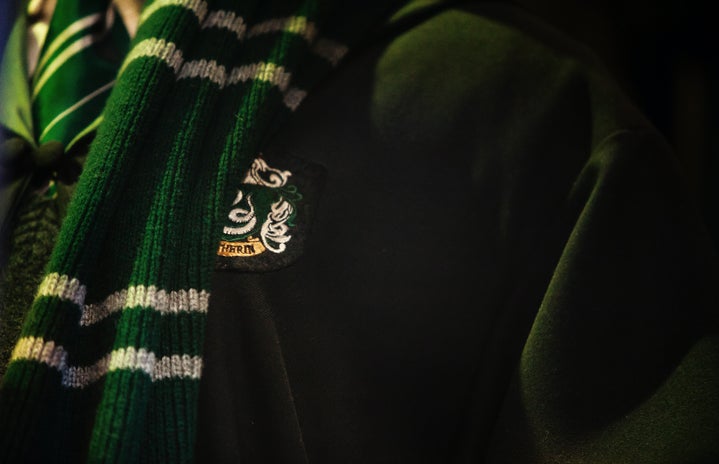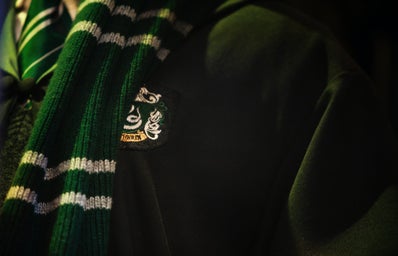Humans like to create groups, especially for categorizing personalities. Some of these can be seen in zodiac signs, high school cliques, and MBTI personality tests. Hogwarts Houses are one such example!
How can associating yourself with these traits create assumptions about you, or classify you as one of these personality types? Why do we compare our characteristics to these core values of the houses? Companies have also used these traits to represent their work ethic.
Designed by Rowling, The Pottermore quiz is a method of determining your house. The key descriptors for each house are as follows:
Gryffindor – Courage, Bravery, Nerve and Chivalry
Hufflepuff – Hard work, Justice, Patience and Loyalty
Ravenclaw – Intelligence, Patience, Justice and Loyalty
Slytherin – Ambition, Cunningness, Leadership and Resourcefulness
A personality comprises our beliefs, patterns of behaviour, and social perspectives that determine how we perceive ourselves and everybody else.
Personality mirroring is also a common occurrence that takes place after watching a tv series/movie. This occurs and is a form of “self-acceptance” It is one of the reasons why people choose their Hogwarts houses, to reflect Harry Potter characters one can idolise.
Being a member of these houses helps individuals feel appreciated. Additionally, finding others similar to you can improve self-confidence and provide a sense of belonging, reducing loneliness. In addition, it helps people get to know themselves better, giving them a sense of identity. It also promotes motivation since there are more people with similar ideas together. You can also apply this to groups in general, including sports teams and small groups of friends.
“In the case of Harry Potter, Rowling’s organization of students into school communities or ‘‘houses’’ with particular traits may have influenced the self-views of millions of readers and provided them with fictional communities with which they identify. It seems feasible that readers would identify more with those characters who share the traits they actually possess.” — L.C. Crysel et al, Personality and Individual Differences, 83 (2015)
The findings of a data analysis conclude that participants answered the quiz with the idea of their predicted house in mind based on the traits already known in the fiction series. In summary, if we strongly identify with these categories, we may attribute to ourselves the characteristics of the typical members of these groups, resulting in a form of self-stereotyping.
This can create preconceived notions about you when stating your house which is what you want or may backfire. Such as Slytherin, known to be clever and tenacious but may also be perceived to be iniquitous.
My inspiration for this article came from a conversation with my friends after we completed the Pottermore quiz. She told me that she identifies as a Ravenclaw because she takes pride in her intelligence. A feature others will instantly recognise with the trait of being a Ravenclaw. Another one of my friends answered that she likes people to know her for her kindness, thus being a Hufflepuff.
Although, many people believe that they cannot be confined to one house and place themselves in a combination of two or more. (also known as hybrid horses) This may be due to Hogwart’s traits to intermingle with each other.
No matter what house you are sorted into, it doesn’t define who you are. Rather, it helps bring your Harry Potter dream closer to reality.


